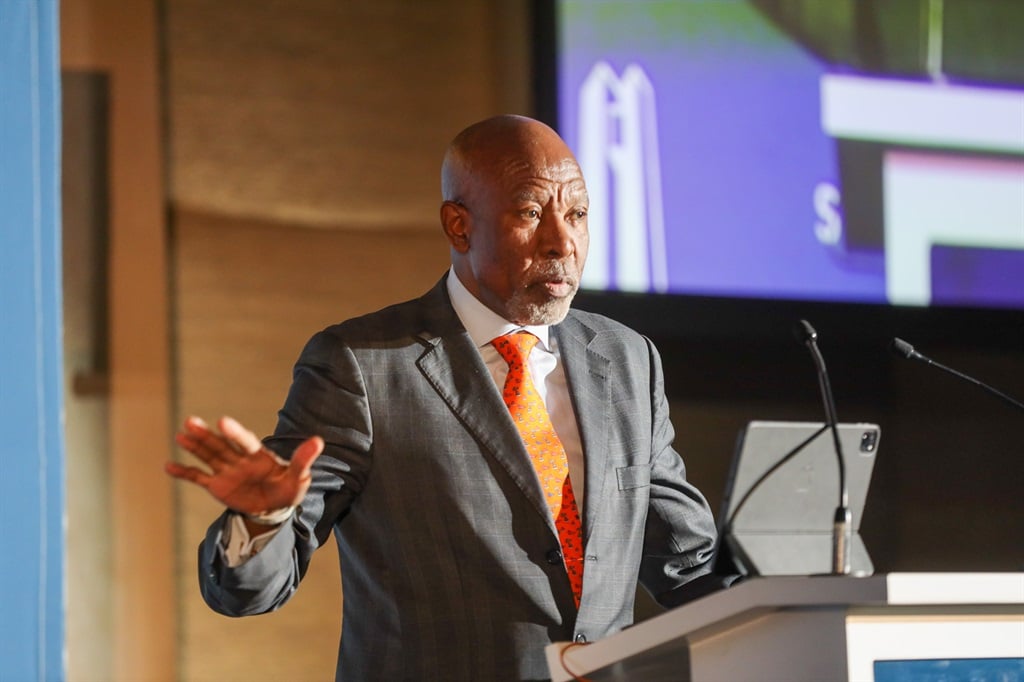- Billionaires poured millions of dollars into presidential super PACs in August
- 'Pirate birds' force other seabirds to regurgitate fish meals. Their thieving ways could spread lethal avian flu
- How a doubling of sentence lengths helped pack England's prisons to the rafters
- Many people in the Pacific lack access to adequate toilets—and climate change makes things worse
- Is life getting better for China's tech billionaires?

The atmosphere in the room can affect strategic decision-making, study finds
The atmosphere within a group can influence the outcome of strategic decision-making, according to a new study co-authored by Bayes Business School (formerly Cass). The research is published in the Academy of Management Journal.
Paula Jarzabkowski, Professor of Strategic Management at Bayes, along with researchers from University of Queensland, Macquarie University and Leuphana University of Lüneburg, found that different atmospheres led to people speaking and interacting in different ways that changed how they made sense of the strategy.
For instance, when the atmosphere was pensive, people were cautious about the way to proceed, whereas, when it was curious they felt free to be exploratory in their strategy making. However, when the atmosphere bordered on tense or dismissive, participants became argumentative and struggled to agree on ways forward.
The academics examined video recordings, workshops, interviews, and first-hand observations of a strategic project team composed of managers and consultants at an electronic bank in Australia, conducted over 18 months. The observations examined the interactions of the banking team assessing a digital product which used AI-informed technologies to help bank customers manage their spending.
The academics also noted that the atmosphere can change rapidly, as subtle shifts in tone of voice, speech, or body language affected how groups react to ideas. Overall, the research found that in group settings, people's sensing of the atmosphere influences their collective sensemaking when deciding on issues.

- September 21, 2024
Massive Crypto Heist: Here's How Two Suspects Were Nabbed In $230M Theft

- September 21, 2024
Interest rates: Economists split on how deep cuts will go

- September 22, 2024
Safaricom consortium gets Sh104b contract for digital health system


- September 22, 2024
Why Kenya-Germany jobs deal is double-edged sword for workers

- September 21, 2024
2024 World Manufacturing Convention Showcases Next-Gen Technologies


- September 22, 2024
What is Forex Leverage: A Comprehensive Guide for Traders

- September 21, 2024
KTDA moves to restore order in tea bonus declarations

- September 22, 2024
Review 22-year aircraft age rule, stakeholders tell govt

- September 21, 2024
South Coast AQMD Expands Lawn & Garden Incentive Program

- September 22, 2024
Regulation of fintech needs to promote stability, innovation

- September 21, 2024
Power firm warns against paying individuals for meters
Subscribe to our mailing list to get the new updates!

Subscribe our newsletter to stay updated
Thank you for subscribing!

